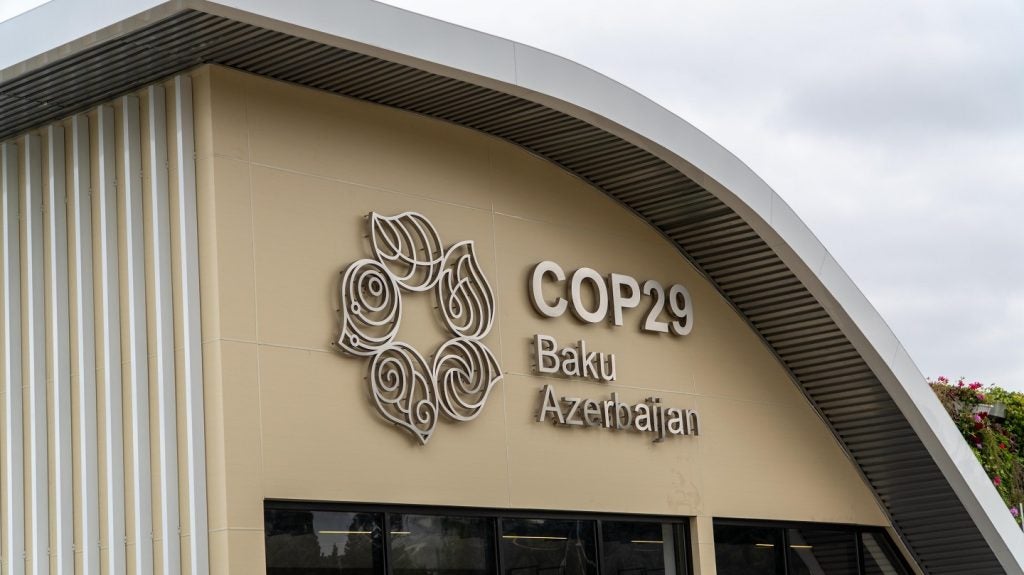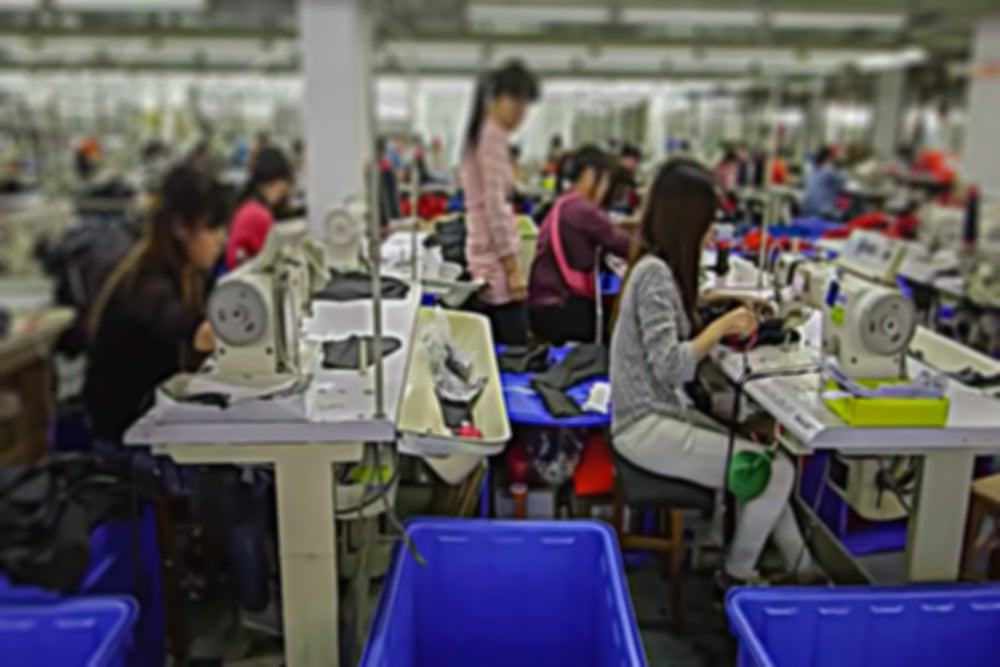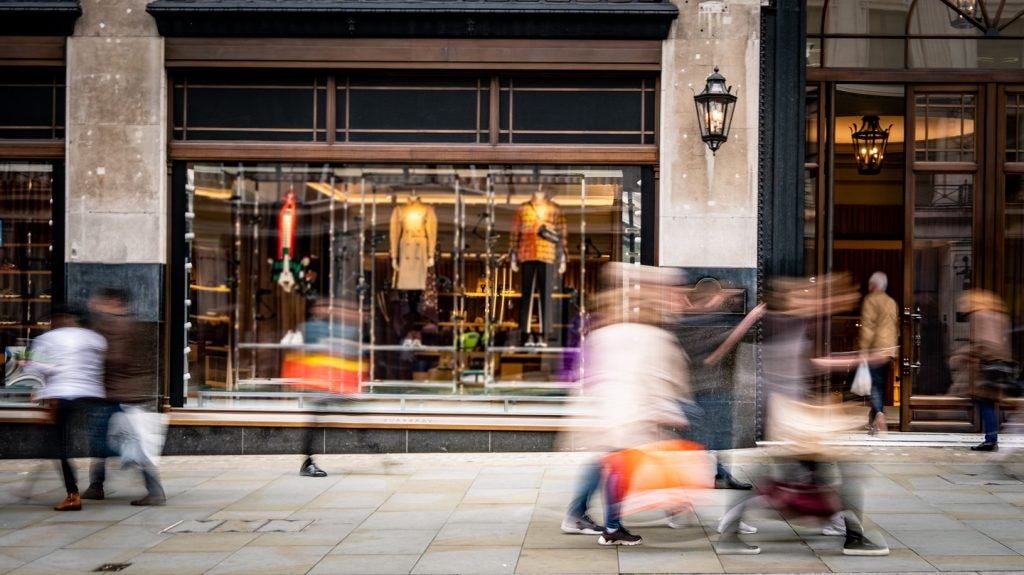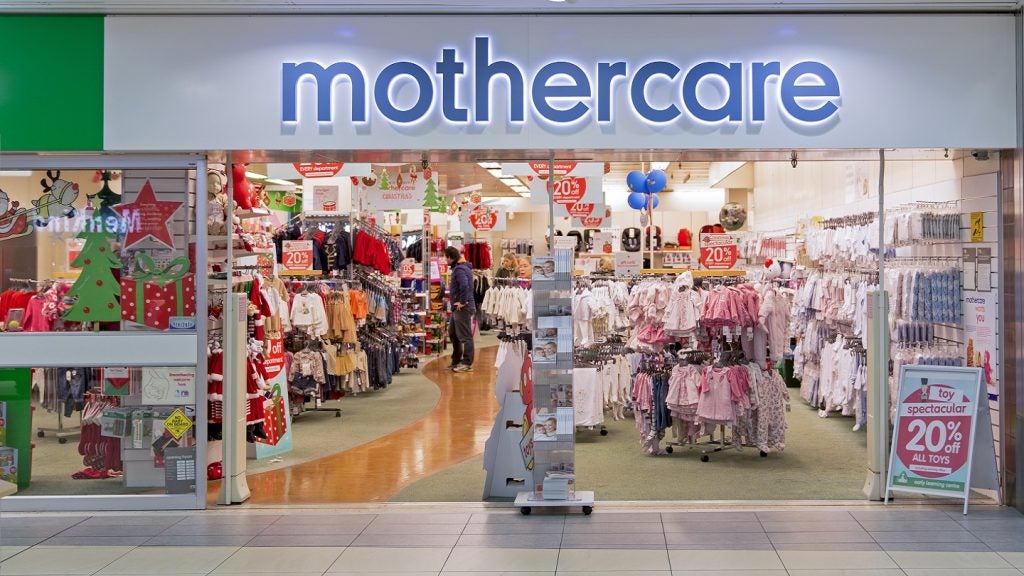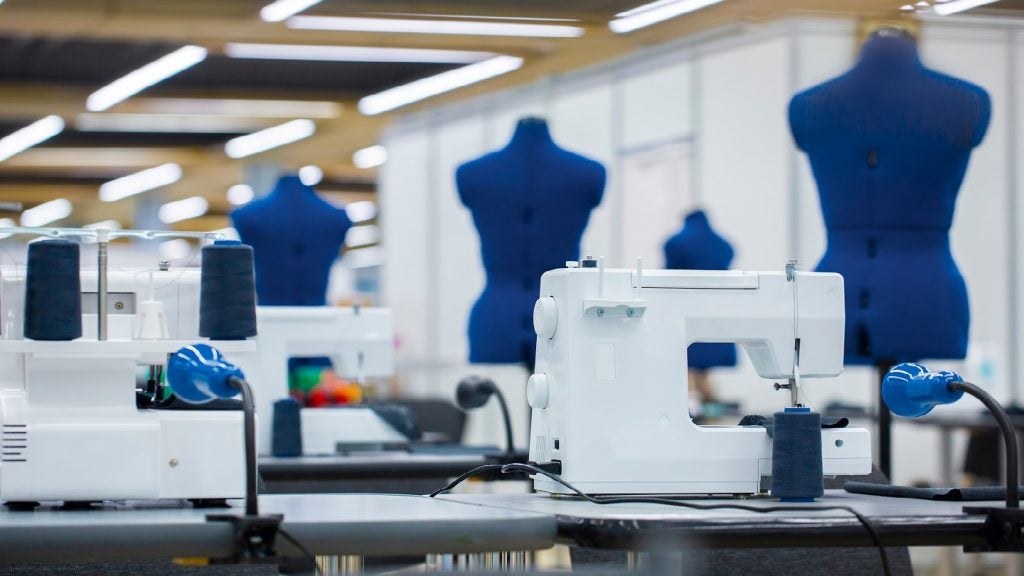Global Fashion Agenda (GFA) has shared reports that the recent COP29 summit, which was held in Baku, Azerbaijan might have struggled to achieve all of its goals due to the absence of key global leaders, industry stakeholders and environmental activists.
It also highlights stakeholders have suggested the conference being located in a fossil fuel producing country could explain why the agenda lacked any mention of a global phaseout of fossil fuels.
It points out there was a notable shift from the previous year's commitments at COP28, which took place in Dubai and had previously been hailed as a turning point with commitments to move away from fossil fuels.
Instead, the wider industry has reported a record number of fossil fuel lobbyists were present, which could be regarded as a reinforcement of existing energy practices.
Despite this, GFA believes the conference did yield some notable developments, such as an agreement on $300bn in annual climate finance by 2035. However, the non-profit asserts the event also highlighted persistent divides that call for systemic reform.
GFA's climate call for the fashion industry
It also believes the forum offered valuable lessons for the fashion industry and underscored the urgency of coordinated global action.
GFA argues the fashion industry must actively pursue its own carbon emission reductions through renewable energy investments and supply chain decarbonisation.
It believes the apparel sector should not solely rely on global agreements and must take the initiative to fund decarbonisation efforts within its supply chain and ensure resilience against climate disruptions. This includes safeguarding workers in manufacturing regions against climate disruptions.
What can the fashion sector expect at COP30?
GFA remains optimistic for 2025's COP30, which will be held in Brazil next year. It notes the Brazilian government has indicated its commitment by setting ambitious targets for emission reductions through reforestation and sustainable land management practices. These initiatives coincide with the five-year cycle of the Paris Agreement that mandates countries to present enhanced national climate action strategies.
For the fashion industry, GFA asserts that COP30 presents an opportunity to align with these broader commitments by integrating more comprehensive decarbonisation measures and circular economy models into their operations.
It states: "The industry’s participation at COP30 should go beyond attendance, with clear and actionable contributions to global climate goals."
In November cotton sustainability initiative Better Cotton urged world leaders to prioritise farmers in global climate strategies and to acknowledge the role that sustainability frameworks play in enhancing resilience efforts at the COP29 summit.


